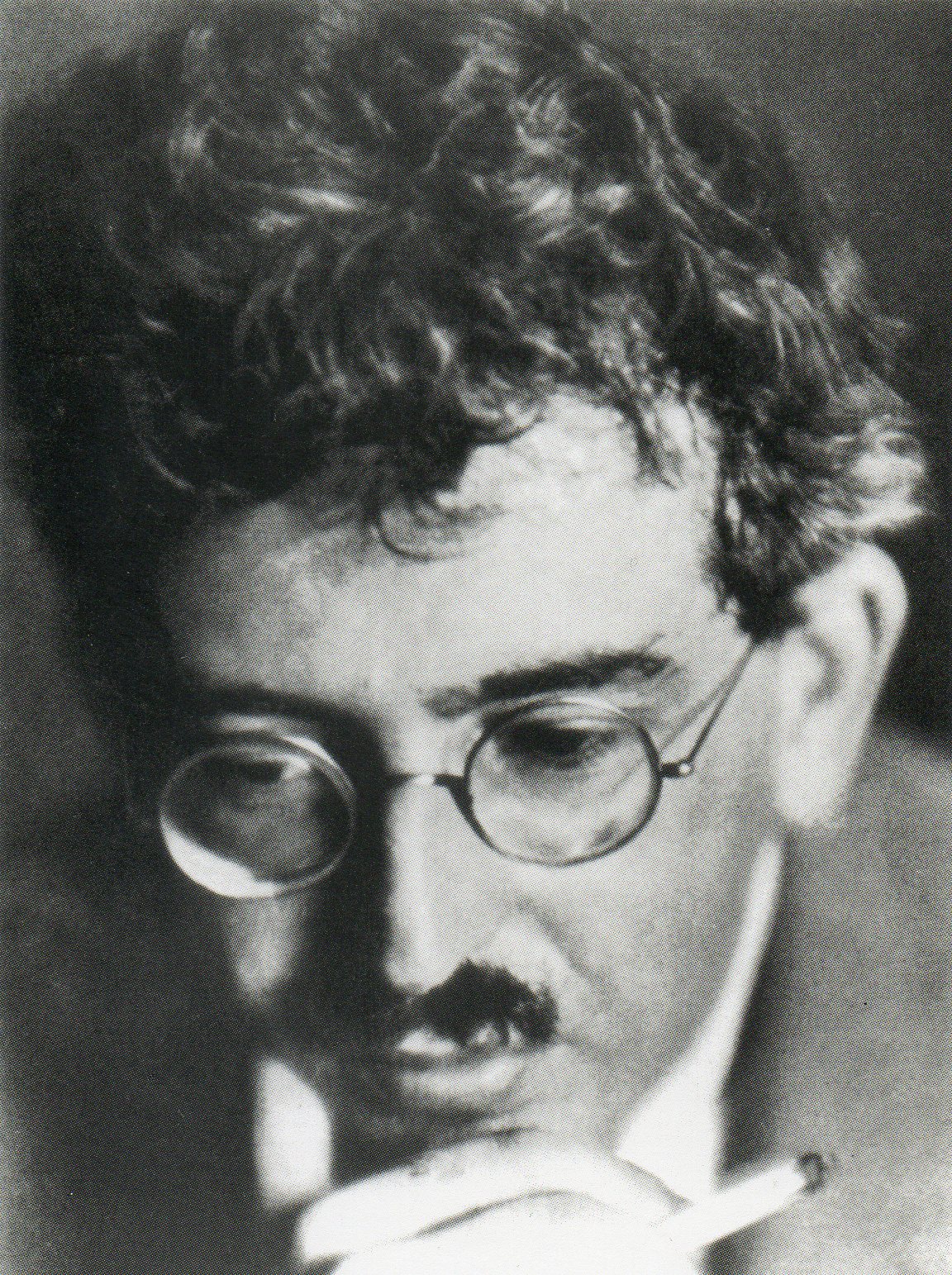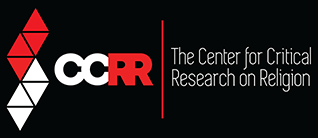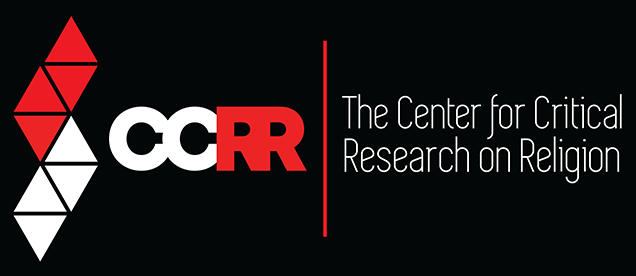Walter Benjamin

“A storm is blowing from paradise…This storm is what we call progress.”
Walter Benjamin was born in Berlin, Germany in 1892 in an affluent Jewish family. Before World War I, he was active in the German Youth Movement. Benjamin went into exile in Bern, Switzerland during World War I to avoid the draft. He wrote a Habilitation entitled Origins of the German Tragic Drama at the University of Frankfurt, which he was forced to withdraw. During the late 1920s, he wrote and produced children’s radio shows and engaged in Hashish experiments with Ernst Bloch. Benjamin went into exile in March 1933 because of the Nazi seizure of power. During the 1930s, he lived in Paris, working on his Arcades Project and was a research associate of the Institute for Social Research (the Frankfurt School) which was in exile in New York. When the Nazis invaded France in 1940, Benjamin was once again in flight. He left his most prized possession, Paul Klee’s Angelus Novus in the Bibliothèque Nationale. His last essay “On the Concept of History,” written during this time, contains his most explicit mixture of Judeo-Christian Messianism and Marxism. He committed suicide in Port Bau, Spain on September 27, 1940 under threat of being handed over to the Gestapo.
Primary Literature
Benjamin, Walter. 2003. Selected Writings, Volume 4, 1938-1940, Cambridge, Mass.: The Belknap Press of Harvard University Press.
_______. 2002. Selected Writings, Volume 3, 1935-1938. Translated by Edmund Jephcott, Howard Eiland, and Others. Edited by Howard Eiland and Michael W. Jennings.
_______. 2001. Selected Writings, Volume 2, part 2, 1931-1934. Translated by Rodney Livingstone and others. Edited by Michael W. Jennings, Howard Eiland, and Gary Smith. Cambridge, Mass.: The Belknap Press of Harvard University Press.
_______. 2001. Selected Writings, Volume 2, Part I, 1927-1930. Translated by Rodney Livingstone and Others. Edited by Michael W. Jennings, Howard Eiland, and Gary Smith. Cambridge, Mass.: The Belknap Press of Harvard University Press.
_______.1999. The Arcades Project. trans. Howard Eiland and Kevin McLaughlin. Cambridge, Mass.: The Belknap Press of Harvard University Press.
_______. 1996. Selected Writings. Volume I, 1913-1926, Cambridge, Mass.: The Belknap Press of Harvard University Press.
_______. 1994. The Correspondence of Walter Benjamin, 1910-1940. trans. Manfred R. Jacobson and Evelyn M. Jacobson, Chicago: University of Chicago Press.
_______. 1985. Gesammelte Schriften VI. eds. Rolf Tiedemann and Hermann Schweppenhauser with the collaboration of Theodor W. Adorno and Gershom Scholem. Frankfurt am Main: Suhrkamp Verlag.
_______. 1985. “Central Park”, trans. Lloyd Spencer with the help of Mark Harrington, in New German Critique 34, pp. 32-58.
_______. 1983. Understanding Brecht. Trans. Anna Bostock, London: Verso.
_______. 1982. Gesammelte Schriften V. eds. Rolf Tiedemann and Hermann Schweppenhauser with the collaboration of Theodor W. Adorno and Gershom Scholem. Frankfurt am Main: Suhrkamp Verlag.
_______. 1979. One Way Street and Other Writings. trans. Edmund Jephcott and Kingsley Shorter. London: Verso.
_______. 1978. Briefe. 2 vols. eds. Gershom Scholem and Theodor W. Adorno, Frankfurt am Main: Suhrkamp Verlag.
_______. 1978. Reflections: Essays, Aphorisms, Autobiographical Writings. trans. Edmund Jephcott. New York: Harcourt Brace Jovanovich.
_______. 1977. Gesammelte Schriften II. eds. Rolf Tiedemann and Hermann Schweppenhauser with the collaboration of Theodor W. Adorno and Gershom Scholem. Frankfurt am Main: Suhrkamp Verlag.
_______. 1977. The Origin of the German Tragic Drama. trans. John Osborne, London: Verso.
_______. 1974. Gesammelte Schriften I. eds. Rolf Tiedemann and Hermann Schweppenhauser with the collaboration of Theodor W. Adorno and Gershom Scholem. Frankfurt am Main: Suhrkamp Verlag.
_______. 1973. Charles Baudelaire: A Lyric Poet in the Era of High Capitalism. trans. Harry Zohn. London: New Left Books.
_______. 1972. Gesammelte Schriften IV. eds. Rolf Tiedemann and Hermann Schweppenhauser with the collaboration of Theodor W. Adorno and Gershom Scholem. Frankfurt am Main: Suhrkamp Verlag.
_______. 1972. Gesammelte Schriften III. eds. Rolf Tiedemann and Hermann Schweppenhauser with the collaboration of Theodor W. Adorno and Gershom Scholem. Frankfurt am Main: Suhrkamp Verlag.
_______. 1968. Illuminations. trans. Harry Zohn, New York: Harcourt Brace Jovanovich.
Secondary Literature
Buck-Morss, Susan. 1989. The Dialectics of Seeing: Walter Benjamin and the Arcades Project. Cambridge: The MIT Press.
_______. 1979. The Origins of Negative Dialectics: Theodor W. Adorno, Walter Benjamin, and the Frankfurt Institute. New York: The Free Press.
Jennings, Michael William. 1987. Dialectical Images: Walter Benjamin’s theory of literary criticism. Ithaca: Cornell University Press.
McCole, John. 1993. Walter Benjamin and the Antinomies of Tradition. Ithaca: Cornell University Press.
Menninghaus, Winfried. 1980. Walter Benjamins Theorie der Sprachmagie. Frankfurt am Main: Suhrkamp Verlag.
Missac, Pierre 1995. Walter Benjamin’s Passages. trans. Sherry Weber Nicholsen, Cambridge: MIT Press.
Pensky, Max. 1993. Melancholy Dialectics: Walter Benjamin and the Play of Mourning. Amherst: University of Massachusetts Press.
Rochlitz, Rainer. 1996. The Disenchantment of Art: The Philosophy of Walter Benjamin. trans. Jane Marie Todd, New York: The Guilford Press.
Scholem, Gershom, ed. 1980. Walter Benjamin Gershom Scholem Briefwechsel 1933- 1940. Frankfurt am Main: Suhrkamp Verlag.
_______. 1992. ed. The Correspondence of Walter Benjamin and Gershom Scholem 1932-1940. trans. Gary Smith and Andre Lefevere, Cambridge, MA: Harvard University Press.
_______. 1975. Walter Benjamin- Die Geschichte einer Freundschaft. Frankfurt am Main: Suhrkamp Verlag.
_______. 1981. Walter Benjamin- The Story of a Friendship. trans. Harry Zohn, Philadelpha: The Jewish Publication Society of America.
Smith, Gary, ed. 1989. Benjamin: Philosophy, Aesthetics, History. Chicago: University of Chicago Press.
_______. ed. 1988. On Walter Benjamin: Critical Essays and Reflections. Cambridge, MA: MIT Press.
Tiedemann, Rolf. 1983. Dialektik im Stillstand. Frankfurt am Main: Suhrkamp Verlag.
Unseld, Siegfried, ed. 1972. Zur Aktualität Walter Benjamins. Frankfurt am Main: Suhrkamp Verlag.
Wiegmann, Jutta. 1989. Psychoanalytische Geschichtstheorie: Ein Studie zur Freud- Rezeption Walter Benjamins. Bonn: Bouvier Verlag.
Witte, Bernd. 1985. Walter Benjamin. Reinbek bei Hamburg: Rowohlt Verlag.
_______. 1991. Walter Benjamin: An Intellectual Biography. trans. James Rolleston, Detroit: Wayne State University Press.
Wolin, Richard. 1982. Walter Benjamin: An Aesthetic of Redemption. New York: Columbia University Press.

